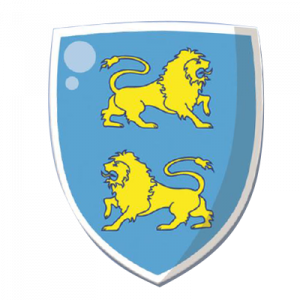Computing
Computing and E-Safety Curriculum
Intent
With technology playing such a significant role in society today, we believe that ‘Computational Thinking’ is an essential skill for children to learn in order to access our digital world safety and effectively, becoming confident and competent users. Across the federation, we aim to prepare our children for this rapidly changing world through the ‘Pillars of Progress’ (computer science, information technology and digital literacy). Our computing curriculum is designed to enable them to use and enhance problem solving, analysing and evaluating skills (Computation Thinking), along with creativity and collaboration, to further understand our forever evolving online world. We aim for computing to be utilizes across the curriculum and making links with all subjects, utilizing technology effectively and appropriately.
At the core of our computing curriculum is computer science, in which pupils are taught the principles of information and computation, how digital systems work, and how to put this knowledge to use through programming.
Building on this knowledge and understanding, we intend for our children to use information technology to create programmes, websites, animations, presentations and other digital artefacts.
We aim to ensure that pupils become digitally literate – being able to use the internet, and express themselves, safely and responsibly as an active participant in a digital world. This particularly focusses on pupils’ behaviours online, promoting tolerance, cultural diversity and mutual respect.
Implementation
Our whole school approach to the teaching and learning of history involves the following:
- Computing lessons taught in weekly hour lessons.
- Lessons are planned that follow the ‘Switched On’ scheme.
- Six topics each year that progress thought the pillars of progression: computation science, information technology and digital literacy.
- Chromebooks supplies to each child to use across the curriculum.
- Children to have the opportunity to explore a range of apps, programs and technologies, such as: TTRockstars, Ed Shed, Google Classroom, Scratch and Stop Motion.
- Cross-curricular opportunities throughout the academic year.
- Online Safety integrated across the curriculum, highlighted in every topic.
- Participate with ‘Safer Internet Day’ activities each year.
- CPD Insets provided to teachers to ensure high-quality subject knowledge.
- ‘Switched On’ scheme provides resources to enhance teaching and curriculum coverage.
- Parent meetings to encourage communication about the importance of online safety.
Impact
Our computing curriculum demonstrates progression year on year. In addition, we measure the impact of our curriculum through the following methods:
- Monitoring of books and online platforms (Google Classroom).
- Pupil voice.
- Learning walks.
- Staff surveys.
- Progress tracking grids.
- End-of-unit quizzes
- Self-evaluation opportunities
E Safety for Children
Due to the importance of online safety, there is further information and games about staying safe whilst using computers and the internet through the links below:
https://www.nspcc.org.uk/keeping-children-safe/online-safety/talking-child-online-safety/
